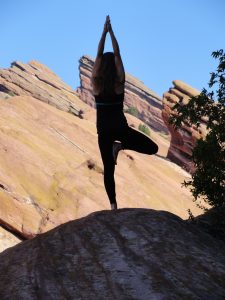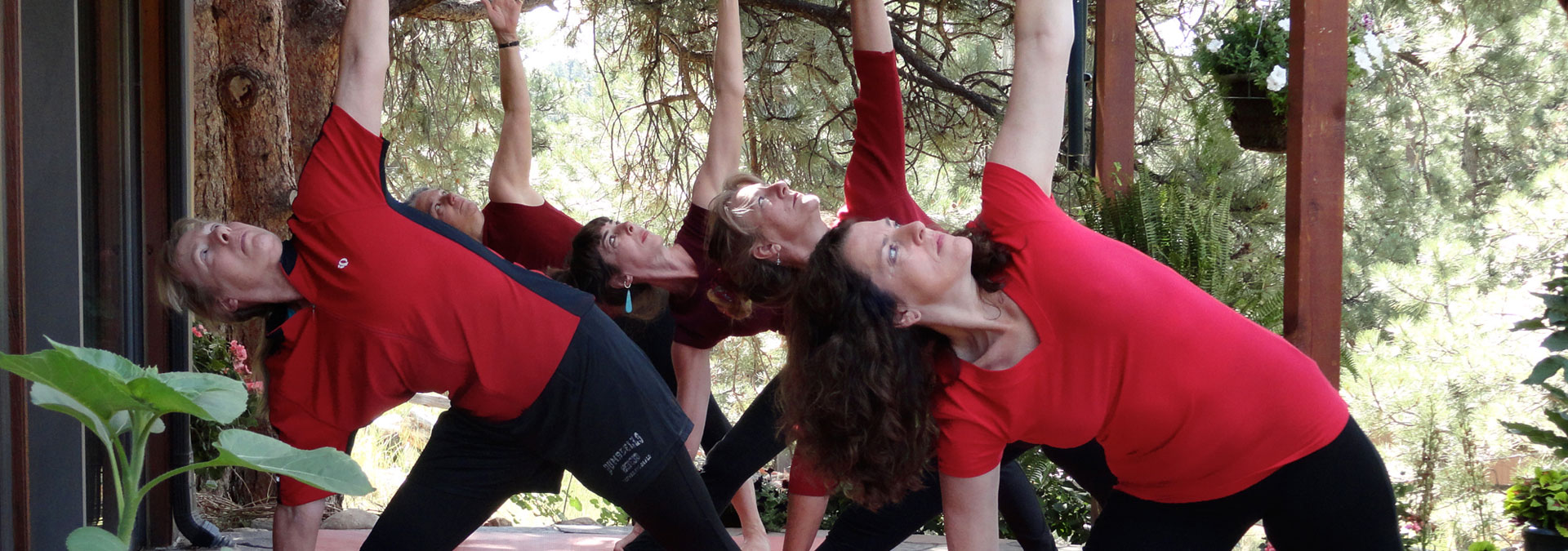Today I hiked a mountain ripe with spring run-off and melting snow. The day was clear and beautiful. As I climbed higher the trail curved sharply and suddenly I found myself ankle-deep in mud, struggling to balance as I lifted one foot and put it in front of the other. Contemplating my next move, I couldn’t help but see this predicament as a metaphor for my work with the Mindfulness and Rational Living program I embarked on in February. The program is designed to help drive down destructive emotions (anger, depression, anxiety, guilt and shame) and develop skillful means for moving through life with ease and compassion. I’m drawing near the halfway point in the program with humble confidence. I see the power of mindfulness to change my behavior and I know the effort required. What a challenge it is to look deeply into your own thoughts, dissect your beliefs, and reframe your world view. Having come this far I can say only one thing with certainty, it’s radical.
Critical to driving down destructive emotions (DEs) is to realize that you are 100% responsible for your own emotional reactions. In other words, someone else can’t make you feel any particular way, you chose to feel that way based on your belief systems (lovingly called BS). In other words, my husband can’t piss me off, I can chose to be pissed off, or not. While this is a very different way than I normally view events, it makes sense. Would we really want other people and events to control our emotional reactions? If events could control our reactions we would all react the same way. Take a common event that happened to me in the last few years: my kids growing up and moving away. This emotion-packed event caused me to feel sad and lonely, while a good friend of mine, faced with the same situation felt elation and relief when her youngest departed. If the event caused the reaction we would both have reacted in the same way.

It is daunting to stare down at the mud of samsara and know that you will never be totally free of it. Working diligently we can reframe our thoughts and use them to mold the brain into positive pathways of behavior, but it’s not easy. I’m reminded of the riverbeds in China dotted with delicate lotus blossoms that had pushed their way up through muck so thick it could have drowned a small animal. That is the determination required. This makes me aware of the importance of self-worth. You must build a reserve of self-acceptance and self-love to sustain you through the hard work. You must be gentle with yourself as you attempt to change on such a profound level. When you see the ugly patterns in the mud, look up! Then take a deep, mindful, breath and maneuver your foot to release the suction of negativity and habit. The muddy patches will always be there, you continually transform them with your awareness and love into a path you can stand on. This is how you walk through the mud and forward to what awaits.


